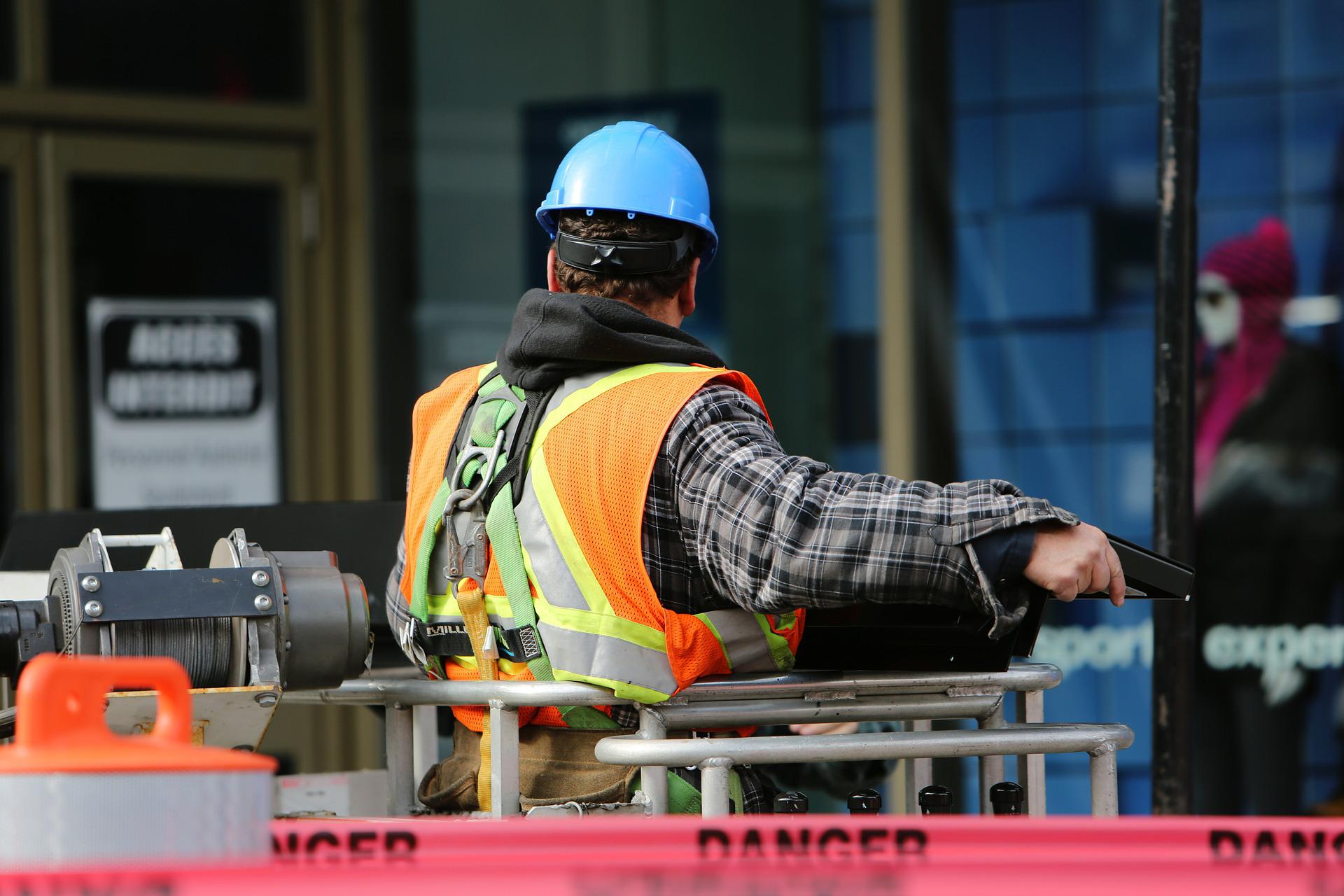There is a very high likelihood that you will be able to return to work after your knee replacement! One research study found that 98% of people who underwent a knee replacement were able to return to work.[1] The average timeline to return to work after a knee replacement is around 9 weeks.[1] [2] The exact timeline for return to work depends on your occupation, age, and motivation. We have written a great blog about
knee replacement recovery timeline here.
Occupation

Depending on the physical demands of your occupation your recovery timeline will vary. According to the United States Department of Labor’s Dictionary of Occupational Titles, there are 5 categories for physical demand, these include:
1) Sedentary - characterized by requiring up to 10 pounds of force exertion (examples include: receptionist, accountant and computer programmer).
2) Light labor - characterized by requiring up to 20 pounds of force exertion (examples include: teacher and retail clerk).
3) Medium labor - characterized by requiring up to 50 pounds of force exertion (examples include: postal worker and bus driver).
4) Heavy labor - characterized by requiring up to 100 pounds of force exertion (examples include: heavy machine operator and mechanic).
5) Very heavy labor - characterized by requiring more than 100 pounds of force exertion (examples include: construction worker and farmer).
One study found that people employed in very heavy labor jobs required the longest recovery timeline, and people employed in sedentary jobs required the shortest recovery timeline.[1] This study was done through questionnaires and interviews of 494 people with an average age of 54 who had undergone a knee replacement within the last 5 years. The results showed that the average return timelines were 6.5 weeks for sendentary jobs, 10.5 weeks for light labor jobs, 8.1 weeks for both heavy and medium labor jobs, and 10.7 weeks for very heavy labor jobs.[1]
Age
Another important factor for returning to work after a knee replacement is your age. Studies have shown that age seems to be inversely correlated with return to work.[3] [4] For example, one study done on 60 people through survey questionnaires found that those who were younger, average age 49.9 years, were more likely to return to work compared to older people, average age 60.3 years.[3]
Motivation

Lastly, motivation seems to play a crucial role in a person’s ability to return to work after a knee replacement. One study done on 162 people with an average age of 57 using a questionnaire scored on a 5-point likert scale, found that a personal sense of urgency and self-motivation were crucial for returning to work.[2] With respect to a sense of urgency, the authors found that if a person stated that they had an urgent desire to return to work they would do so in 46.8% of the time taken by those without a sense of urgency. With respect to self-motivation, the authors found that self-employment was a significant predictor of a more rapid return to work. Self-employment had an acceleration factor of 0.792, which means that if the average time for an individual to return to work was 10 weeks, those who were self-employed would likely return to work in approximately 8 weeks.[2]
Conclusion
There is a 98% chance that you will be able to return to work after a knee replacement. It will likely take 9 weeks for you to return to work, however the exact timeline depends on your occupation, age and personal motivations. As always, consult your healthcare provider before making any final decisions.
Have you recently had a knee replacements? In need of an effective guide to your recovery? Try the
Curovate physical therapy app, an evidence-based app that will provide you with virtual physical therapy sessions, physical therapy plans, guided video exercises, and the ability to measure your knee range of motion all with the app! Download Curovate today by clicking the links below!
 |
 |
|---|







